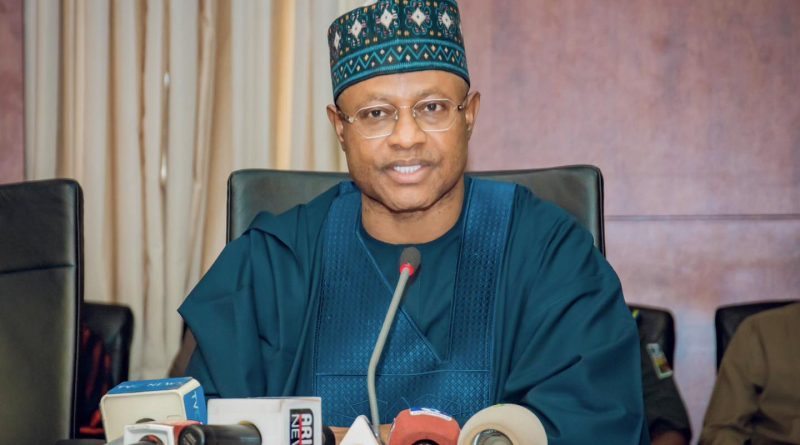Kaduna govt secures release of over 500 kidnapped persons through dialogue with bandits
The Kaduna State Government says it has secured the release of over 500 kidnapped persons through a peace model that does not involve payment of ransom or use of force against bandits.
The state’s Commissioner for Information, Ahmed Maiyaki, made this claim while speaking at a one-day workshop on Peace Journalism in Kaduna on Wednesday.
Mr Maiyaki said the model, developed by the joint Office of the National Security Adviser (ONSA) and the Kaduna Peace Committee, saw the government abandon cash-for-peace deals for a “new, people-driven strategy that addresses insecurity through education, healthcare, and livelihood support for affected communities.”
Mr Maiyaki described the approach, known as the Kaduna Peace Model, as a deliberate shift “from confrontation to conversation,” stressing that true peace must be built through trust, not force.
“You cannot bomb peace into existence; you must build it with trust,” he said.
He explained that after years of bloody raids and mass abductions, the government realised that sustainable peace required addressing the root causes of insecurity.
According to him, the turning point came when armed group leaders pleaded for the reopening of markets, schools, and healthcare centres that had been shut due to attacks.
“We agreed because these are basic human needs, not ransom payments. We didn’t give them a dime — what we restored was life and dignity to communities long abandoned,” he said.
According to the official, between 2015 and 2023, Kaduna recorded 1,160 security incidents that claimed 4,876 lives and led to thousands of kidnappings. In 2021 alone, 1,192 people were killed, while over 3,000 were abducted, forcing the closure of 142 schools and 192 health facilities, he added.
Mr Maiyaki said the new peace strategy emphasises intelligence sharing, dialogue, and socio-economic inclusion.
He said the model has restored more than 500,000 hectares of farmland, reopened rural markets, and revived once unsafe transport routes.
Also speaking, Fatima Shuaibu, Head of the Department of Strategic Communication and Media Studies at Kaduna Polytechnic, stated that most conflicts in Nigeria are a result of mismanaged diversity and leadership failure.
“The media must intentionally tell solution-driven stories that promote unity. When we misreport conflicts, we deepen wounds instead of healing them,” she cautioned.
Governor Uba Sani has repeatedly promised to end banditry in Kaduna State through non-kinetic approaches. This includes engaging in dialogue with bandits to foster peace and curb kidnappings in affected communities.

Bandits return
However, terrorists continue to launch sporadic attacks on some communities.
A community leader in Birnin Gwari told PREMIUM TIMES last month that bandits attacked a community near Layin Dan Auta in Kuyello after killing 17 persons a week before.
READ ALSO: Tinubu receives PDP defectors to APC in Southern Kaduna
“The village people are afraid to report publicly,” he said. “The government has warned everyone to keep such information confidential.”
The same month, in Gidan Busa village in the Kachia Local Government Area, terrorists kidnapped three residents and herded them into the forest.
This came after 12 people were kidnapped in Kujama, the headquarters of Chikun LGA, in October.
According to residents, there has been a resurgence of violence in Birnin Gwari, Chikun and some communities in Southern Kaduna, despite a government-backed peace deal initiated by local traditional and religious leaders.
“Many of these attacks are underreported,” a youth leader in Chikun told PREMIUM TIMES, adding the government “is threatening us with arrests if we dare speak out.”


